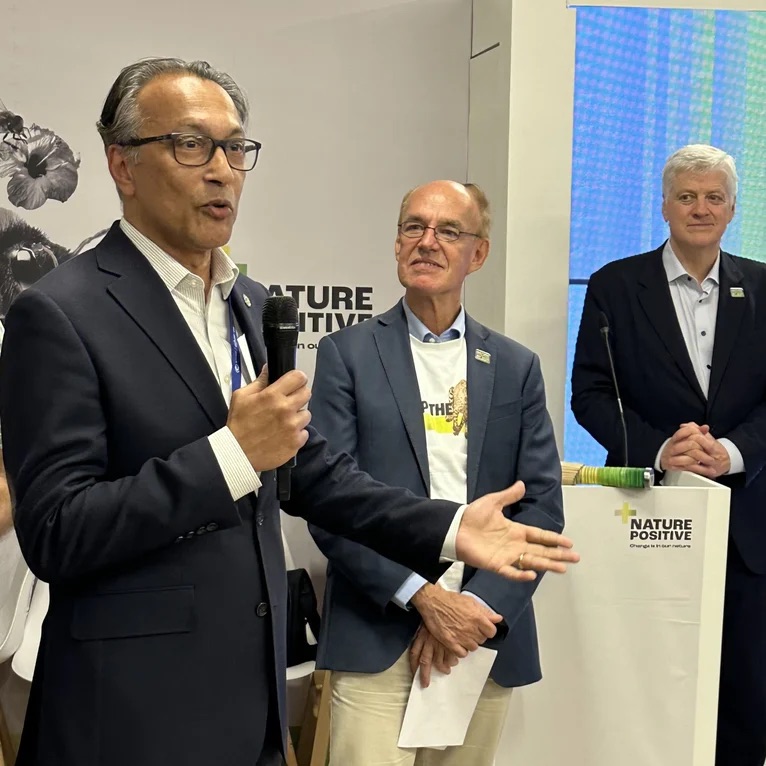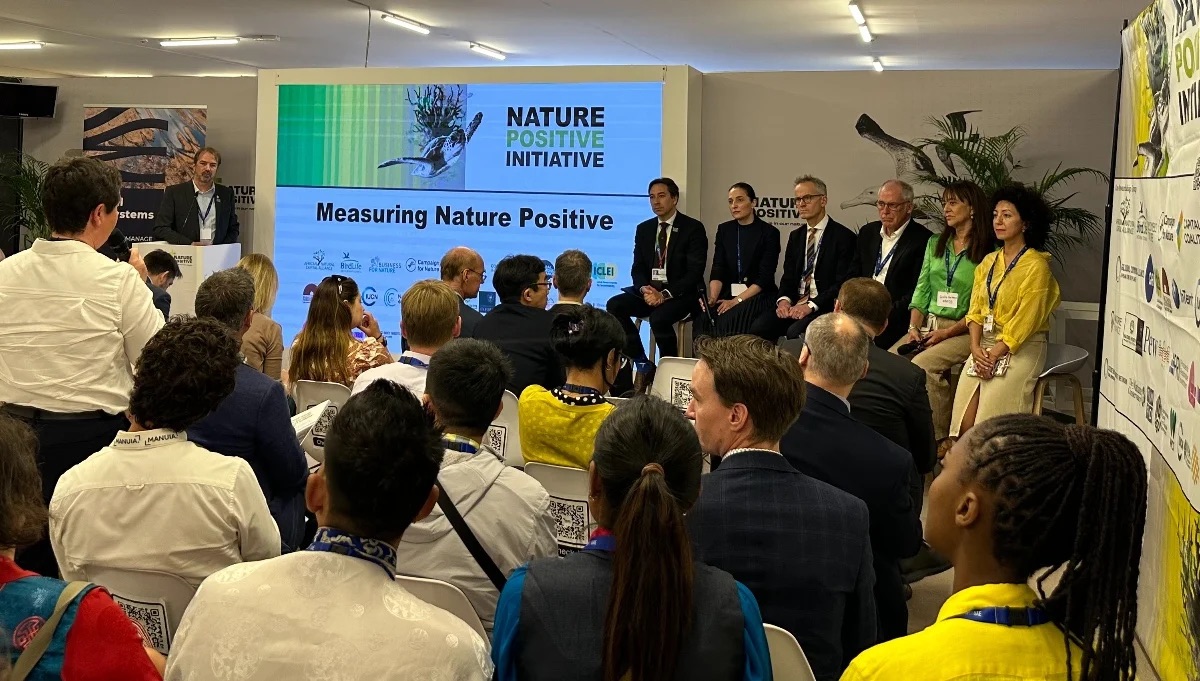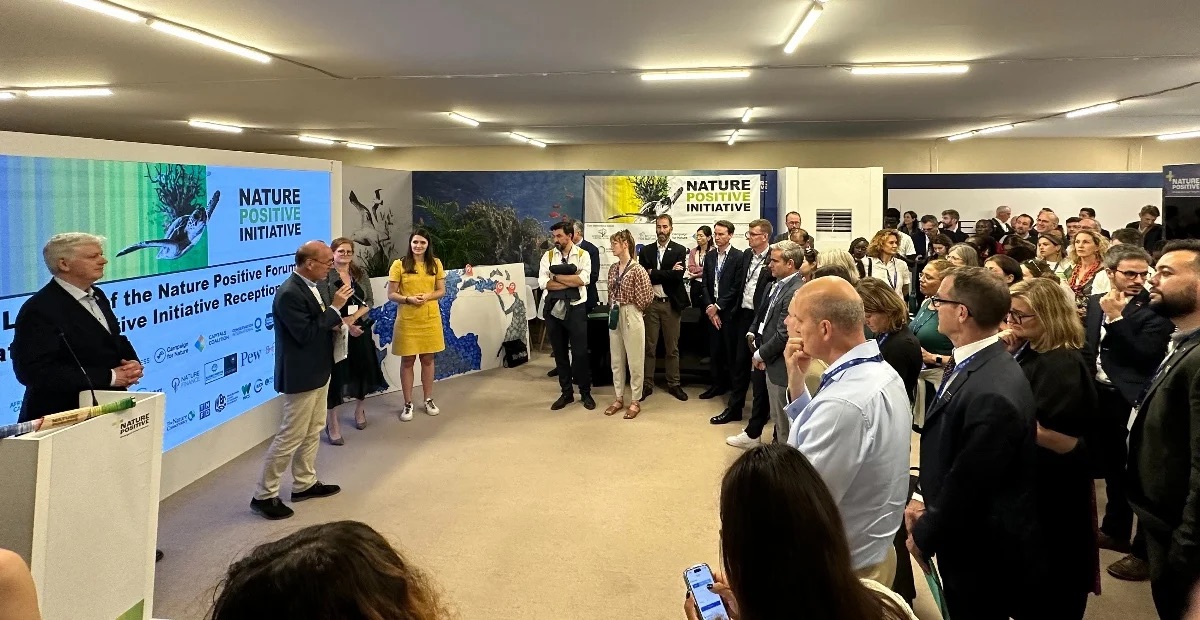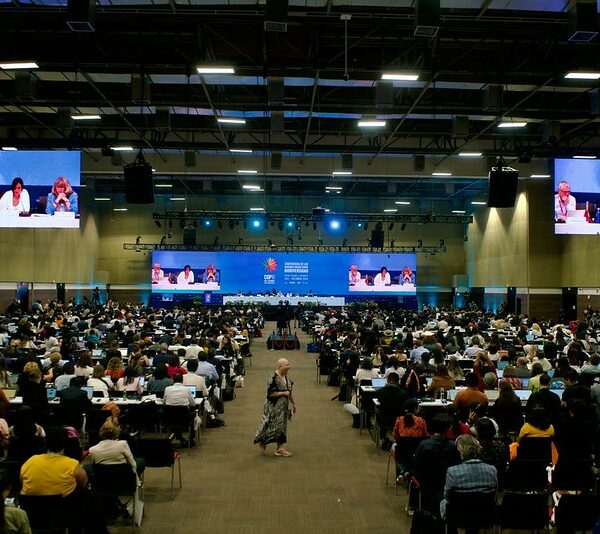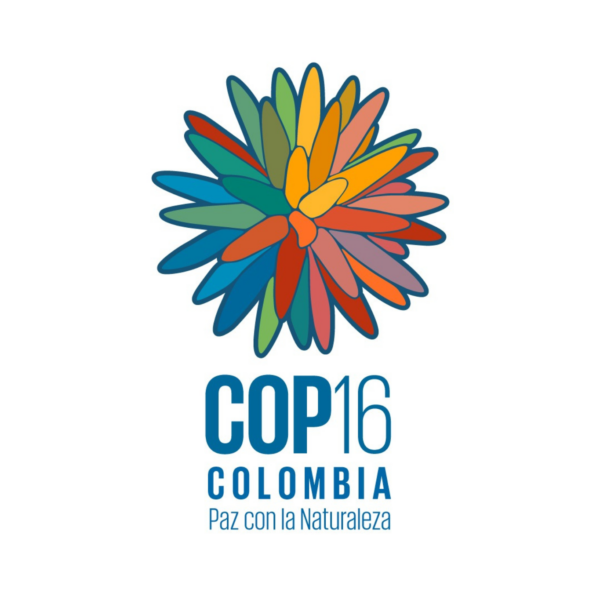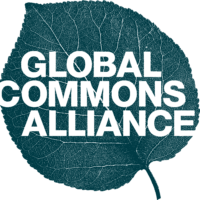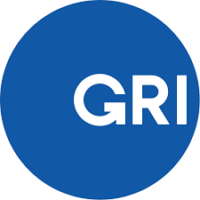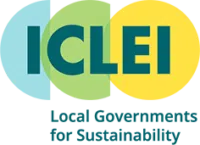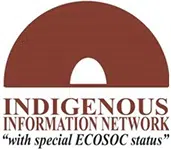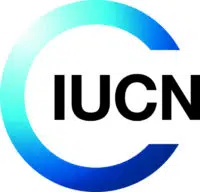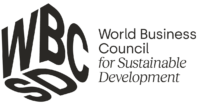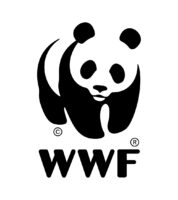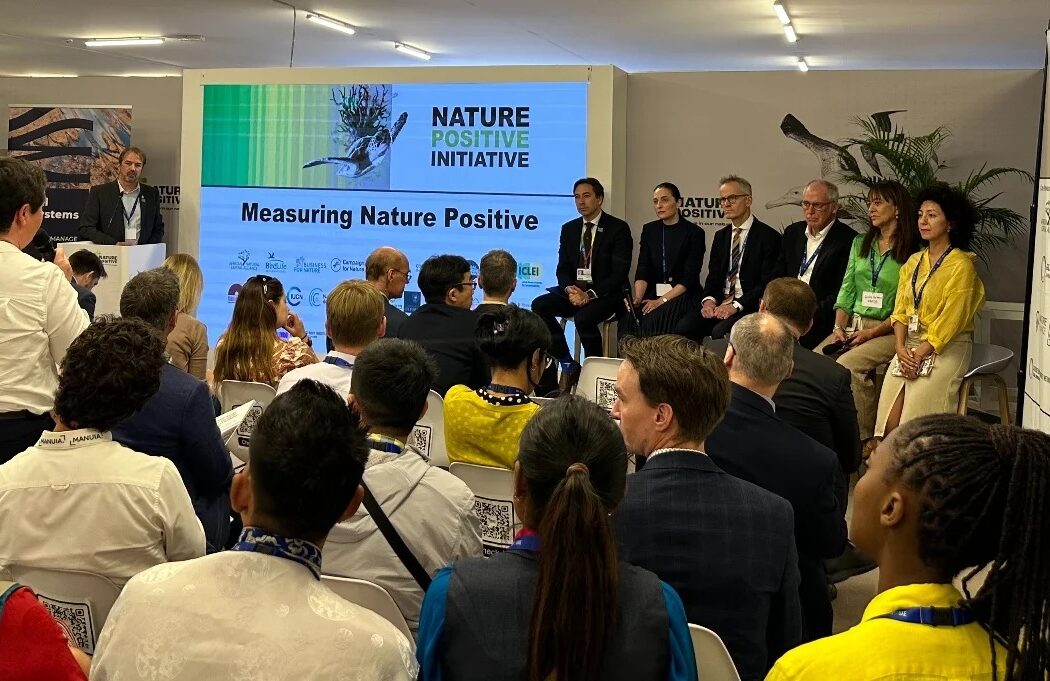
Key announcements included 21 countries formally endorsing the Mangroves Breakthrough – which aims to protect and restore 15 million hectares of mangroves by 2030 – and China formally joining the High Ambition Coalition on Nature and People.
A Joint Statement on Climate, Nature, and People was also launched by COP28 and COP15 Presidencies. Endorsed by 18 countries, the initiative aims to secure integrated action in support of the Global Biodiversity Framework and the Paris Agreement.
With science clear that action to reverse biodiversity loss by 2030 is essential to limiting global warming to 1.5C and increasing resilience, it is critical that we can both effectively measure our progress on securing nature-positive outcomes and align business, finance, and other stakeholders toward achieving the nature positive 2030 global goal.
In support of this agenda, the Nature Positive Initiative convened a diverse group of leading voices to explore how we can best measure progress on nature and agree a common way forward. Measuring progress on global emissions is driving the global climate agenda – so too must we find meaningful and practical ways to measure whether nature loss is being halted and reversed.
The event, held in the Nature Positive Pavilion, included key voices from conservation organizations, research institutes, and business and finance coalitions, and covered important topics such as measuring change in the state of ecosystems via satellite, monitoring species, and aligning the various frameworks launched and under development by business and finance organizations to deliver genuine nature-positive outcomes.
Speaking at the event, Susan Gardner, Director of UNEP’s Ecosystems Division, said: “We are not starting at zero in our capacity to be able to measure nature. With the Global Biodiversity Framework as our roadmap, our increasing ability to measure progress is essential for our journey to nature positive.”
Yana Gevorgyan, Secretariat Director of the Group on Earth Observations also showcased the Global Ecosystems Atlas, highlighting the potential of geospatial data and technologies in measuring the state of nature and tracking progress toward a nature-positive world.
The key roles of technology and governance in tracking the positive impacts of projects were also highlighted by Adonai Herrera-Martinez, Director Environment and Sustainability Department, European Bank for Reconstruction and Development.
A common message was clear from all speakers: the importance of being about to define verifiable metrics and measurements for nature, with Florika Fink-Hooijer, Director-General of the European Commission’s Environment Department stressing: “This is extremely important, otherwise we do not know if there is a positive outcome for nature. We must be nature positive.”
Participating organizations included UNEP; EY; Conservation International; Group on Earth Observations; Capitals Coalition; WBCSD; Nature Finance; IUCN; WWF International; European Bank for Reconstruction and Development; DEFRA, UK Government; and the European Commission.
Read more about the importance of measuring contributions to nature positive here
Nature Positive can only be achieved if we work together – the private sector, Indigenous People, governments – all of us. If we keep working this way we will achieve more than organizations working in separate boxes.
Grethel Aguilar,
Director General of IUCN
Later in the day, a reception at the Nature Positive pavilion brought together both Nature Positive Initiative core organizations and other diverse perspectives to discuss the goals of the initiative and formally launch the Nature Positive Forum.
The Nature Positive Forum aims to mobilize a global community, and is open to all relevant institutions, organizations and companies who:
Commit to upholding the “Global Goal for Nature – Nature Positive” definition
Actively contribute to the Initiative’s goal and objectives in their own activities, and contribute to and promote its guidance and positions
Speaking at the event, Marco Lambertini, Convener of the Nature Positive Initiative, said: “Nature positive is equivalent to people positive. We are excited to launch the Nature Positive Forum, which will allow an even greater number and diversity of organizations to coordinate actions and align on principles, guidance, and metrics to help deliver the Nature Positive Goal of halting and reversing nature loss by 2030 to ensure a future with more nature, not less.”
The importance of aligning action across society to achieve nature-positive outcomes was highlighted by many of the high-level attendees, with Grethel Aguilar, Director General of IUCN, stressing: “Nature Positive can only be achieved if we work together – the private sector, Indigenous People, governments – all of us. If we keep working this way we will achieve more than organizations working in separate boxes.”
